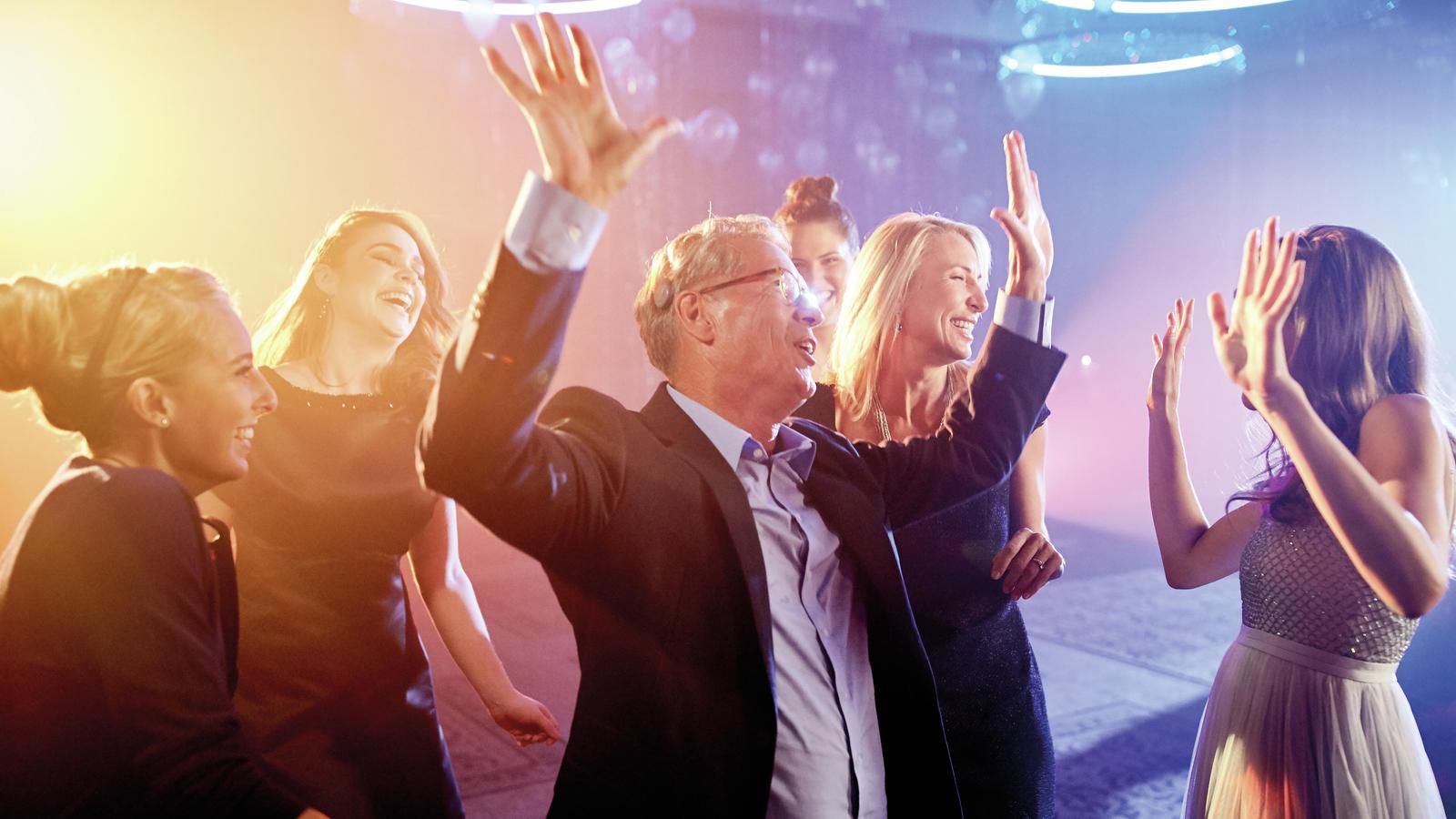Nucleus® smart sound processing technology
Whether you're in a restaurant, playground or office, let your sound processor do the work by automatically adapting to your environment.1

What you'll find on this page
- Why two microphones are better than one.
- How SmartSound® iQ with SCAN* technology adapts to your environment.
- How data logging helps your hearing health professional.
Our technology makes hearing easier — especially in noise4
Every day you're moving through different hearing environments. Your sound processor should help you hear better in many environments.
Cochlear™ Nucleus® sound processors feature our latest smart sound processing technology to help you automatically adjust your hearing in different surrounding.
Features include:
-
dual microphone technolgies designed to enable more focused hearing
-
SmartSound iQ with SCAN improves hearing performance in noise1,4
-
technology that helps you hear more clearly during face-to-face conversations when there's background noise4
-
data logging to give your hearing health professional information about how you use your device for possible programme adjustments.
Dual microphone technolgies designed to enable more focused hearing
Having more than one microphone on your sound processor can help you focus on what you want to hear.
Cochlear's dual-microphones deliver better hearing performance compared to a single microphone.1 Dual microphone technologies help filter out noise that is not coming from the direction the person is facing.
"With the Cochlear implant I don't have a problem understanding my family, my wife and my daughter."*¹
- Mathias, Cochlear™ Nucleus® recipient
Sound processors that adapt to the environment – automatically¹
Our SmartSound iQ function with SCAN* technology captures sound and adapts to your environment without the need for manual adjustments.1
How it works:
- Dual microphones capture and filter sound.
- The industry's first automatic scene classifier, SCAN, analyses your surroundings and identifies the listening environment as one of six scenes, such as quiet, noisy or windy.
- The SmartSound® iQ function then automatically optimises the sound and adjusts the setting for different hearing conditions.
The Nucleus 7 Sound Processor also features ForwardFocus — an option designed to help you hear better in challenging and noisy environments.4
Once your hearing health professional has enabled ForwardFocus, switch it on through your Nucleus Smart App when you want to reduce noise coming from behind and focus on the conversation in front of you.2,3
Data logging: supporting your hearing health professionals guidance
Life is busy. Some days it's tough to remember how you're using your sound processor. But data logging technology automatically tracks usage and records the information.
Your hearing health professional can review the data for trends and important information that shows how the system is working for you.
They can make any adjustments accordingly, to be sure your processor is setup best to suit your needs.
For parents, data logging provides information that can help your child get the most from their Nucleus system.
It also means your hearing health professional can download information about your child’s hearing, such as:
-
how many hours per day they're using the cochlear implant
-
the different sound environments they experience in a day
-
the volume levels they use throughout the day.
Track how you or your child hears
Another special feature of the Nucleus Smart App+, the Hearing Tracker feature, gives you direct access to your usage information. This is available with the Nucleus 7 Sound Processor.
With the Hearing Tracker in the Nucleus Smart App, you can monitor important information about how you or your child is hearing with the sound processor.
Some benefits to the Hearing Tracker include:
-
Time in speech: The amount of time you hear in speaking environments is a goal that helps you monitor how you're using your sound processor.
-
Coil Offs: This is the number of times the Nucleus 7 Sound Processor coil was disconnected on a given day, telling you how many times it was removed.
It's helpful to establish a baseline number of coil offs to try and minimise them. For parents, you can monitor how often your child disconnects their sound processor.

Disclaimer
Please seek advice from your health professional about treatments for hearing loss. Outcomes may vary, and your health professional will advise you about the factors which could affect your outcome. Always follow the directions for use. Not all products are available in all countries. Please contact your local Cochlear representative for product information.
For a full list of Cochlear’s trademarks, please visit our Terms of Use page.
*1 Views expressed are those of the individual. Consult your health professional to determine if you are a candidate for Cochlear technology.
* SNR-NR, WNR and SCAN are approved for use with any recipient ages 6 years and older, who is able to 1) complete objective speech perception testing in quiet and in noise in order to determine and document performance 2) report a preference for different program settings.
+ The Cochlear Nucleus Smart App is available on App Store and Google Play. For complete smartphone compatibility information, please visit www.cochlear.com/compatibility
Apple, the Apple logo, FaceTime, Made for iPad logo, Made for iPhone logo, Made for iPod logo, iPhone, iPad Pro, iPad Air, iPad mini, iPad and iPod touch are trademarks of Apple Inc., registered in the U.S. and other countries. App Store is a service mark of Apple Inc., registered in the U.S. and other countries.
Android is a trademark of Google LLC. The Android robot is reproduced or modified from work created and shared by Google and used according to terms described in the Creative Commons 3.0 Attribution License. Google Play and the Google Play logo are trademarks of Google LLC.
For a list of compatible Apple and Android devices go to www.cochlear.com/compatibility.
References
- Mauger SJ, Jones M, Nel E, Del Dot J. Clinical outcomes with the Nucleus Kanso off-the-ear cochlear implant sound processor. Int J Audiol. Published online 09 Jan 2017 (DOI:10.1080/14992027.2016.1265156) [Sponsored by Cochlear].
- Amlani AM. Efficacy of directional microphone hearing aids: a meta-analytic perspective. J Am Acad Audiol 2001;12 (4):202-14.
- Stefan J. Mauger, Marian Jones, Esti Nel & Janine Del Dot (2017) Clinical outcomes with the Kanso™ off-the-ear cochlear implant sound processor, International Journal of Audiology, 56:4, 267-276, DOI: 10.1080/14992027.2016.1265156
- Cochlear Limited. D1296247. CLTD 5620Clinical Evaluation of Nucleus 7 Cochlear Implant System. 2017, Sept; Data on file.
** Apple Inc. ‘Compatible hearing devices’ [Internet]. Apple support. 2017 [cited 24 February 2017]. Available from: https://support.apple.com/en-au/HT201466#compatible.
Google Inc. ‘Compare hearing aid compatibility of Pixel phones’ [Internet]. Google support. 2020 [cited 28 February 2020]. Available from: Google https://support.google.com/pixelphone/answer/9393002
***www.cochlear.com/compatibility







